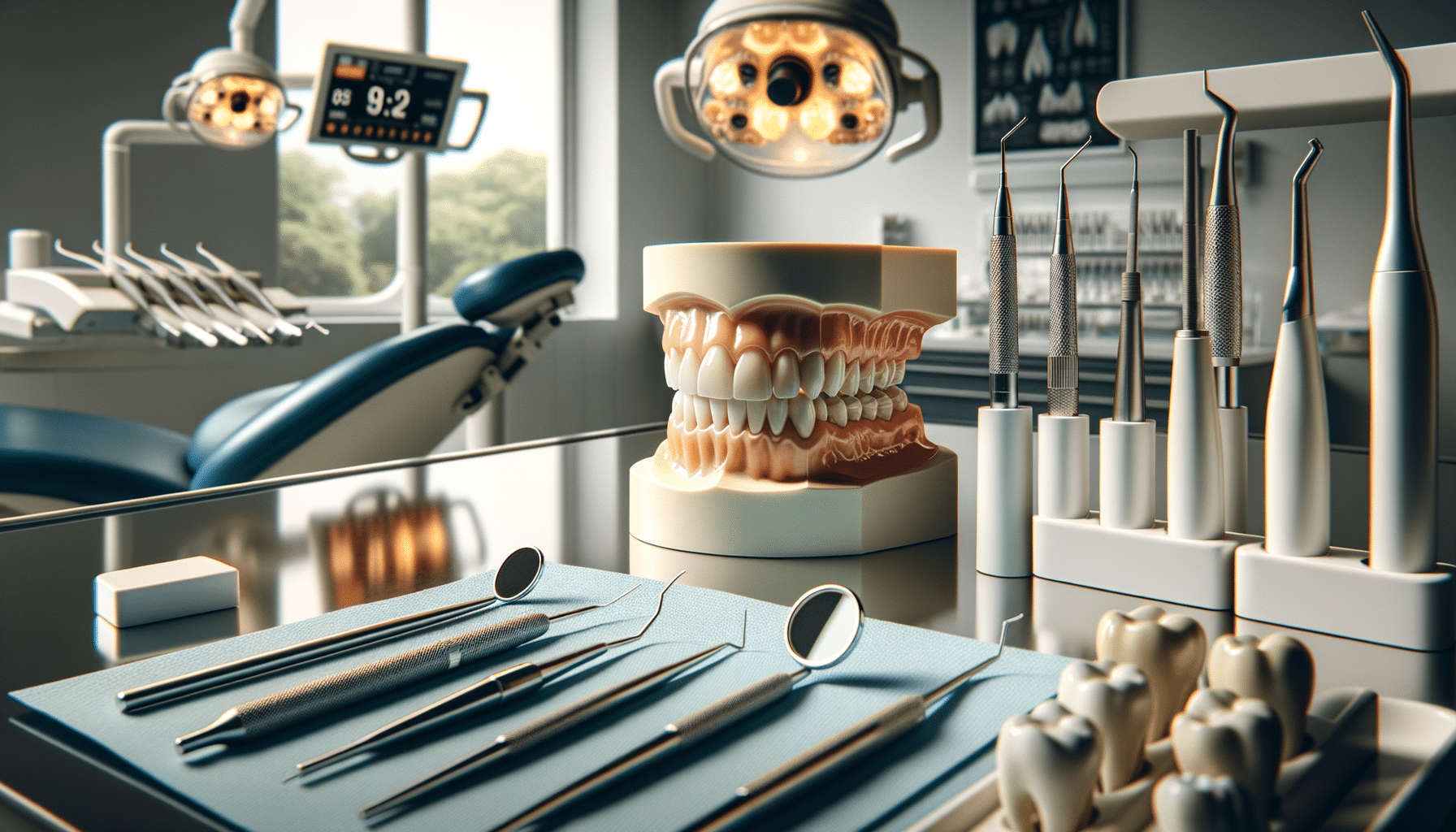
Learn more about Dental Veneers
Introduction to Dental Veneers
Dental veneers have gained popularity as a cosmetic solution for enhancing the appearance of teeth. These thin, custom-made shells are designed to cover the front surface of teeth, improving their color, shape, and alignment. Made from porcelain or composite resin materials, veneers offer a versatile option for those seeking a more aesthetically pleasing smile. In this article, we will explore the various aspects of dental veneers, from their design and application to maintenance and potential benefits.
The Design and Application of Dental Veneers
The process of designing and applying dental veneers involves several steps to ensure a perfect fit and natural appearance. Initially, a dentist will evaluate the patient’s teeth and discuss their desired outcome. This is followed by taking impressions of the teeth, which are used to create custom veneers tailored to the individual’s dental structure.
Once the veneers are ready, the dentist will prepare the teeth by removing a small amount of enamel from the surface. This step is crucial to ensure the veneers fit seamlessly and do not appear bulky. The veneers are then bonded to the teeth using a special adhesive, and any necessary adjustments are made to achieve the desired look.
The materials used for veneers play a significant role in their longevity and appearance. Porcelain veneers are renowned for their ability to mimic the light-reflecting properties of natural teeth, while composite veneers offer a more cost-effective solution. Both options, however, provide a durable and aesthetically pleasing result.
Benefits of Dental Veneers
Dental veneers offer numerous benefits, making them a popular choice for individuals looking to enhance their smile. Some of the key advantages include:
- Improved appearance: Veneers can transform discolored, chipped, or misaligned teeth into a uniform and attractive smile.
- Stain resistance: Porcelain veneers are particularly resistant to staining, ensuring a long-lasting bright smile.
- Minimally invasive: The procedure for applying veneers is less invasive compared to other cosmetic dental treatments, preserving more of the natural tooth structure.
- Durability: With proper care, veneers can last for many years, providing a reliable and enduring solution for dental imperfections.
These benefits contribute to the growing popularity of veneers among patients seeking cosmetic dental improvements.
Maintaining Dental Veneers
Proper maintenance is essential to ensure the longevity and appearance of dental veneers. While veneers are durable, they still require regular care and attention. Here are some tips for maintaining them:
- Practice good oral hygiene: Regular brushing and flossing are crucial to prevent plaque buildup and maintain oral health.
- Avoid excessive force: Refrain from using teeth to open packages or bite into hard objects, as this can damage the veneers.
- Limit stain-causing foods and drinks: While veneers are resistant to stains, it’s advisable to limit consumption of coffee, tea, and red wine, which can affect their appearance over time.
- Regular dental check-ups: Routine visits to the dentist will help monitor the condition of the veneers and address any potential issues early on.
By following these guidelines, individuals can enjoy the benefits of their veneers for an extended period.
Conclusion: Considering Dental Veneers
Dental veneers provide an effective solution for those looking to enhance their smile through cosmetic dental care. With their ability to improve the appearance of teeth and offer a durable result, veneers have become a popular choice among patients. However, it’s essential to consult with a qualified dentist to determine if veneers are the right option based on individual dental needs and circumstances.
By understanding the design, application, benefits, and maintenance of dental veneers, patients can make informed decisions and achieve a smile that boosts their confidence and overall well-being.


